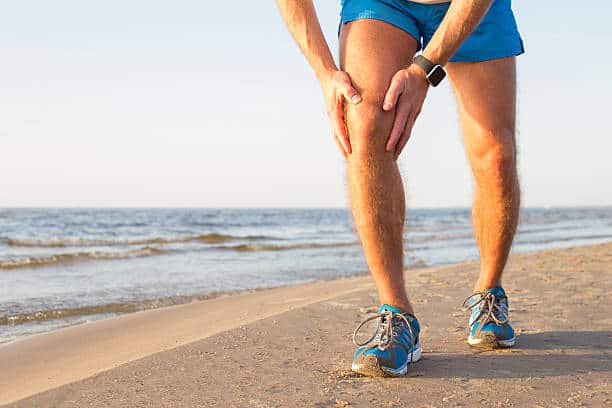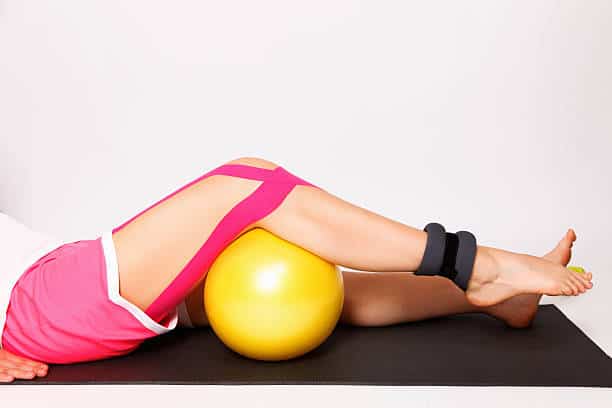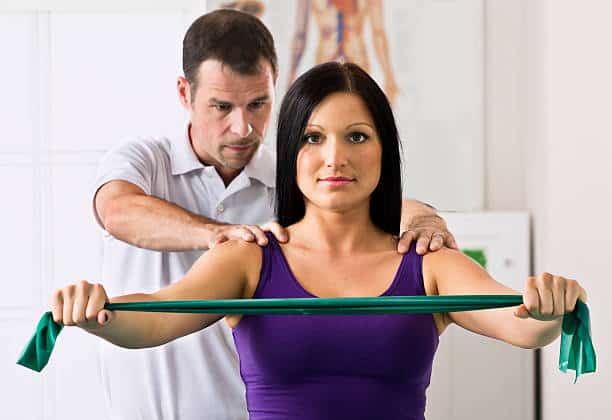With the Winter season coming to a close, it’s beginning to look a lot like finals season. Many sports are coming into their competitive finals with teams battling it out for the top spot and that prized trophy! We’re looking at the close of the AFL, netball, and rugby season which can mean some incoming sports injuries that need more attention than just an icepack.
Here are some of the sports injuries an athlete can deal with and how they can be prevented:
ACL Injuries
An injury to the ACL can happen when the athlete suddenly changes direction, jumps, or decelerates; something most athletes have to deal with in competitive sports. An ACL injury can sometimes mean the end of the season for an athlete, with an estimated recovering time of 3-12 months depending on the severity of the injury. Athletes are required to undergo a rehabilitation process to guarantee movement has returned to knee and that it can endure the type of movement athletes require. Physiotherapy assists in returning the range of movement and strengthening the muscle before returning to sport. Your physiotherapist can also provide stretches, exercises and treatments that may assist in the prevention of an ACL injury.

Patellar Tendinitis

Patellar tendinitis is an injury which involves inflammation of the patellar tendon that connects the shinbone to the kneecap. This is a common netball injury occurring when the athlete runs and jumps. The athlete jumps into the air using the patellar tendon and the surrounding muscle which helps extend the knee during take-off and helps absorb the shock when landing. Prevention involves building muscle around the knee and regular stretching. Your physiotherapist will be able to provide you with stretches for your hamstring, calves and quadriceps to ease tension and strain in the muscle, decrease stress in the tendon, and reduce the chance at injury.
Rotator Cuff Injuries
Rotator cuff injuries can be caused by the repetitive movements seen in netball such as passing and shooting (although this injury is not limited to athletes and can occur with any repetitive overhead movement in various career fields). It occurs when the muscles and tendons that surround the muscle are subjected to repetitive movement or general wear and tear that occurs with age. Your physiotherapist can assist in the prevention of this injury by providing exercises such as those involving bands that strengthen the rotator cuff and the associating muscles.

This blog was written by Arielle from the Campbelltown Physio practice.
References
Orthoinfo (2009). ACL Injury: Does It Require Surgery? Available at https://orthoinfo.aaos.org/en/treatment/acl-injury-does-it-require-surgery/
Bedi, A. (undated). Patellar Tendonitis. Available at https://www.sportsmd.com/sports-injuries/knee-injuries/patellar-tendonitis/
Orthoinfo (2013). Rotator Cuff Tears. Available at https://orthoinfo.aaos.org/en/diseases–conditions/rotator-cuff-tears/